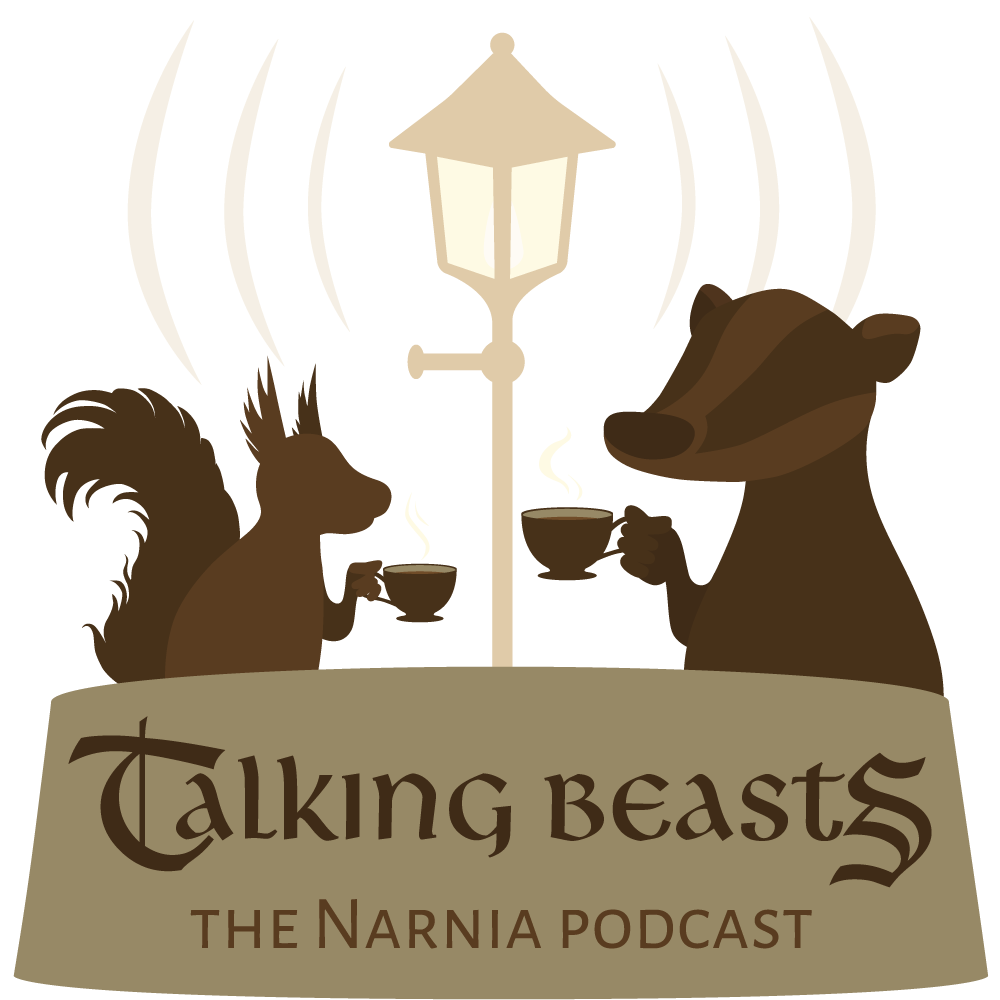Review: Virtual Performance of “Shadowlands”

Fellowship for Performing Arts started transitioning to streamed performances last year when the pandemic shut down theaters. The latest play is Shadowlands by William Nicholson.
Based on the actual events of when C.S. Lewis married Joy Davidman, Shadowlands is heart-breaking story about love, loss, grief, and pain. Although adapting live theater to online streaming can be tricky, this play manages to make the transition and the result is an intimate performance somewhere between a radio play, a streamed table-top RPG, and a long family reunion zoom call where the older relatives reminisce about the past.
Unlike FPA’s virtual production of The Great Divorce, which used a green screen to make the actors appear as though they were in the same room, Shadowlands makes no attempt to recapture the staging of a live theater performance. Each actor is in a separate window (although in much higher quality than your average zoom call), and the windows are moved around based on which characters are in the scene. FPA’s Artistic Director Max McLean said in a live Q&A after the show that each actor was sent the equipment and recorded themselves while performing with the others on a video call. Because of this format, it can sometimes feel like the audience is just another person in each scene as the actors connect directly with the camera. When viewed on a smaller screen it is almost too painful to watch as Daniel Gerroll’s Lewis breaks into tears after Joy’s (Robin Abramson) death.
Shadowlands is available for free with registration until the evening of Feb 24th.
There is still no news on when the film version of The Most Reluctant Convert will be available, but FPA has said more than once that it will be released sometime this year.







I’d never actually watched the play or the movie before this, so I’m going to comment on the script, which most people are already familiar with. So I understand if everyone wants to skip reading this comment. 😉
It’s really well written. The dialogue is very witty, though maybe that’s less credit to the writer and more to the historical figures on which the characters were based, and the play really captures the feeling of grief. (The dialogue ceases to be witty and elaborate in the last dialogue scene and becomes very terse and blunt. It’s really powerful.) That being said, parts of it felt a bit boring and predictable to me. Maybe it’s because I already knew what the overarching story and character arcs were going to be, but it felt like there was too much foreshadowing at the beginning.
I’m also a little bummed that were no references to Till We Have Faces. I freaking love that book and apparently Joy Davidman was a big influence on it. Some people say that she should have gotten co-author credit. It seems like the writer only read the most famous books by C. S. Lewis for reference and read up on his broad views. I can understand not wanting to read someone’s entire body of work just to write one play about them. But I feel like it’s unfortunate that Till We Have Faces wasn’t referenced because it has relevance to the plot. Lewis and Davidman are portrayed as not wanting to draw attention to God for fear He destroy their happiness, a fear vividly expressed by Orual, the narrator of Till We Have Faces.
Actually, maybe it’s because of that book’s thematic relevance that they didn’t want to reference it. If people knew C. S. Lewis wrote it, they’d realize how much the play simplified his character arc. 😉 The play’s ending seems to imply that Lewis’s resentment of God upon his wife’s death was a revelation to him. However, Till We Have Faces portrays this resentment with great feeling. (Of course, Orual is eventually reconciled to God, which Lewis may or may not have been, but it still shows he could vividly imagine that feeling.) The play also portrays Lewis as not letting himself get attached to anyone or experience grief until his relationship with Joy Davidman because of the trauma of losing his mother at a young age. This is like the focal point of the play. But he did far too good a job of describing the experience of mourning in Till We Haves to have only experienced it once.
P.S.
Was the poem recited by Joy Davidman in an early scene really written by her historical counterpart? I’m not someone whose opinion on poetry should be taken that seriously, but I thought it was really good.
I’m not very familiar with her poetry, but on the subject of Till We Have Faces: according to Douglas Gresham, Lewis himself wanted Joy listed as a co-author. She said no because it would affect sales.
The poem she won a competition with? Yes. That’s historic.
I definitely recommend seeing the movie version. It’s great!
If you can access the original TV play Shadowlands, it is even better than the film. The actor even looks and sounds like Lewis.
I found it available on Redeem TV. https://redeemtv.com